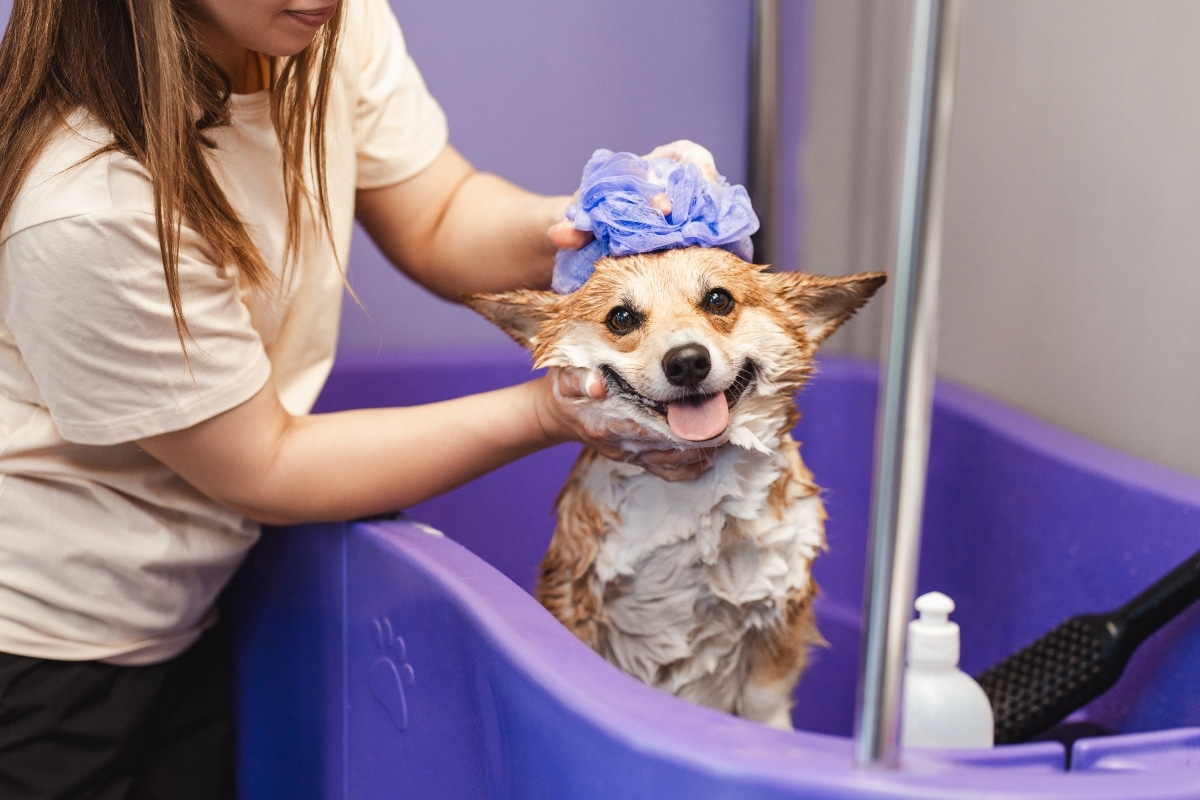 Shutterstock
Shutterstock
Owning a dog is one of life’s greatest joys, but it also comes with a few surprises, some sweet, some stinky, and all worth knowing. Dogs bring unconditional love, endless loyalty, and a little chaos to our lives. Whether you’re a new pup parent or have been around the block a few times, understanding your fur baby’s needs and quirks makes a world of difference. I’ve learned a lot from my own dogs, often through trial, error, and a few chewed-up shoes.
Dogs See the World Differently
 Shutterstock
Shutterstock
Dogs don’t see in black and white, but they also don’t see colors the way humans do. They mostly perceive blues and yellows, while reds and greens look like dull shades of gray. This affects how they view toys, environments, and even other dogs’ accessories. It’s one reason your pup might ignore that bright red ball in the grass, they just don’t see it the way you do. Knowing this can help you pick toys and training tools they’ll actually respond to.
Tail Wagging Doesn’t Always Mean Happy
 Shutterstock
Shutterstock
A wagging tail can mean a lot of things, not just happiness. Dogs use their tails to express emotions like excitement, anxiety, or even irritation. The direction, speed, and stiffness of the wag all matter. For example, a high, fast wag might mean your dog is overstimulated or tense, not friendly. Learning to read your dog’s body language helps prevent misunderstandings and keeps everyone safe and comfortable.
Dogs Thrive on Routine
 Shutterstock
Shutterstock
Dogs love structure. Regular meal times, walks, and bedtime routines give them a sense of security. When they know what to expect, it reduces stress and unwanted behavior. Sudden changes like skipped meals or shifting schedules can lead to confusion and anxiety. Even just maintaining a regular potty schedule can make a huge difference in their well-being.
Human Food Isn’t Always Safe
 Shutterstock
Shutterstock
Many everyday foods that are fine for humans can be dangerous for dogs. Chocolate, grapes, onions, garlic, and even some sugar-free products with xylitol can be toxic. It’s not just about avoiding table scraps, it’s about understanding what could land your dog in the emergency vet. Always double-check before offering a bite of something from your plate. Treats should be dog-safe and portion-controlled.
Dogs Can Get Bored Easily
 Shutterstock
Shutterstock
Bored dogs often become destructive dogs. Chewing furniture, barking excessively, or digging in the yard can all be signs they need more mental stimulation. Interactive toys, puzzle feeders, training games, and regular playtime can help keep their minds busy. Dogs aren’t just furry companions; they’re smart and curious, and they need outlets for that brainpower.
Not All Dogs Love Hugs
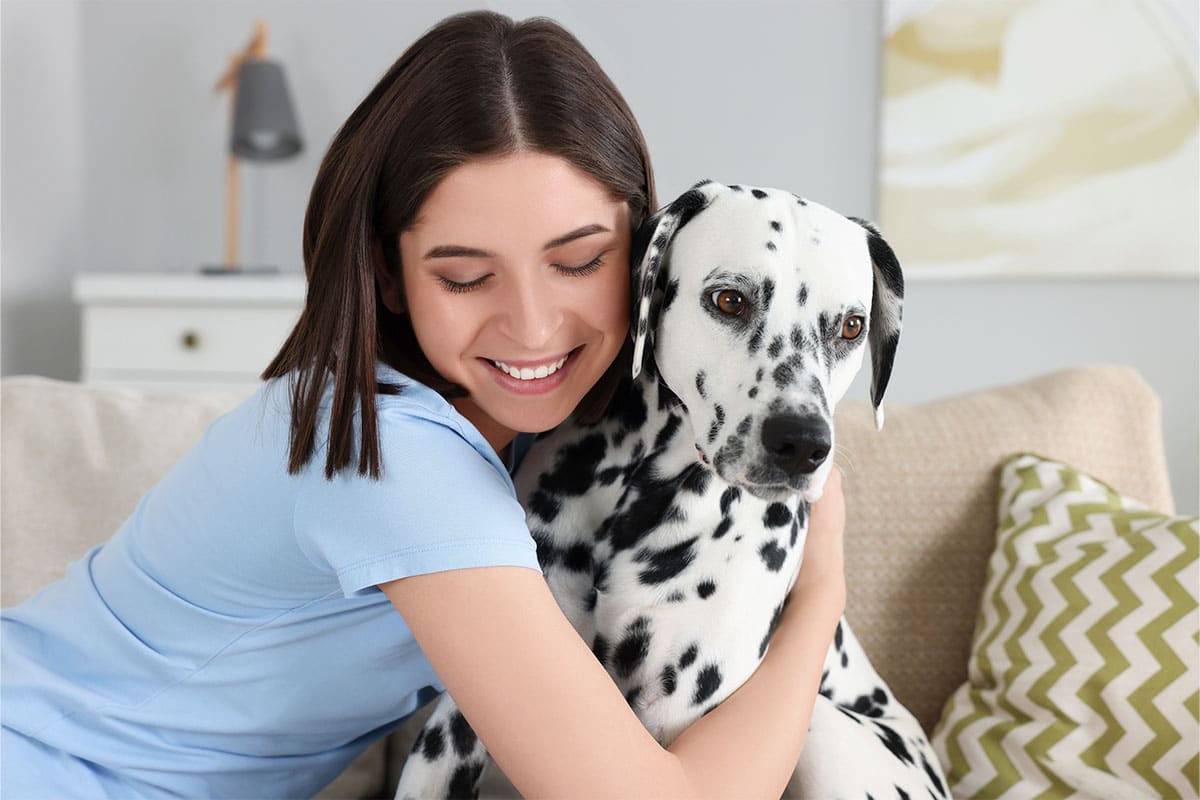 Shutterstock
Shutterstock
While some dogs tolerate or even enjoy hugs, others find them uncomfortable or threatening. Wrapping your arms around their body limits their movement, which can cause stress. Pay attention to body language like turning away, licking lips, or trying to squirm free. Affection is best when it’s on their terms; belly rubs, ear scratches, or a gentle pat usually go over much better.
Exercise Needs Vary by Breed
 Shutterstock
Shutterstock
Not all dogs need the same amount or type of exercise. A Border Collie will crave more physical and mental activity than a Basset Hound. Over-exercising a low-energy dog or under-exercising a high-energy one can lead to health and behavioral issues. Know your dog’s breed tendencies and adjust your routine to match. A good walk might be enough for one dog but just a warm-up for another.
 Shutterstock
Shutterstock
Dogs need to be exposed to new people, animals, and environments early and often. Proper socialization helps reduce fear and aggression later in life. It’s not just about meeting other dogs, it’s about experiencing the world in a positive way. Take your dog on car rides, let them meet people of all ages, and introduce them to different sounds and smells. The more they experience safely, the more confident they become.
Dental Care Shouldn’t Be Skipped
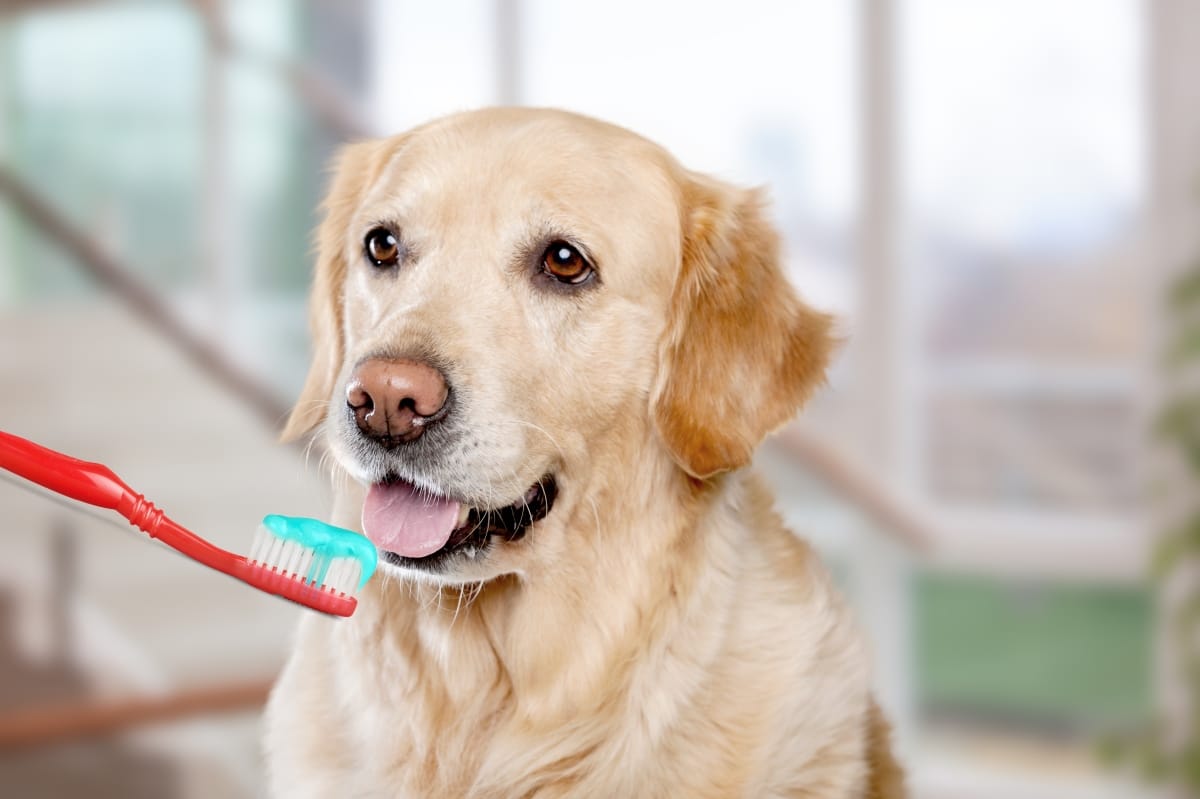 Shutterstock
Shutterstock
Dental health is often overlooked, but it’s incredibly important. Gum disease, tooth pain, and infections can lead to serious health issues if left untreated. Brushing your dog’s teeth regularly and offering dental chews or vet-approved toys can make a big difference. A clean mouth isn’t just about fresh breath, it’s about your dog’s overall health and comfort.
Dogs Communicate Through Body Language
 Shutterstock
Shutterstock
Dogs are constantly communicating with their bodies, and learning to read those signals can prevent problems. A relaxed body, soft eyes, and a wagging tail mean a happy pup. Tense muscles, stiff posture, and a tucked tail can signal fear or stress. Understanding these cues helps you respond appropriately and build a stronger bond. Your dog is always talking you just have to learn their language.
Grooming Is More Than Looks
 Shutterstock
Shutterstock
Grooming isn’t just about keeping your dog pretty, it’s essential for their health. Regular brushing prevents mats, skin issues, and painful tangles. Bathing removes dirt and allergens, and trimming nails protects their posture and movement. Even ear cleaning and paw checks should be part of the routine. Grooming is also a great bonding time that helps you spot any changes early.
Dogs Pick Up on Your Mood
 Shutterstock
Shutterstock
Dogs are incredibly attuned to human emotions. They can sense when you’re stressed, sad, or joyful and often react accordingly. If you’re anxious, your dog might become clingy or unsettled. If you’re relaxed, they’re more likely to be calm too. Your emotional state plays a big role in your dog’s behavior, so taking care of yourself also helps your pup.
Spaying and Neutering Have Benefits
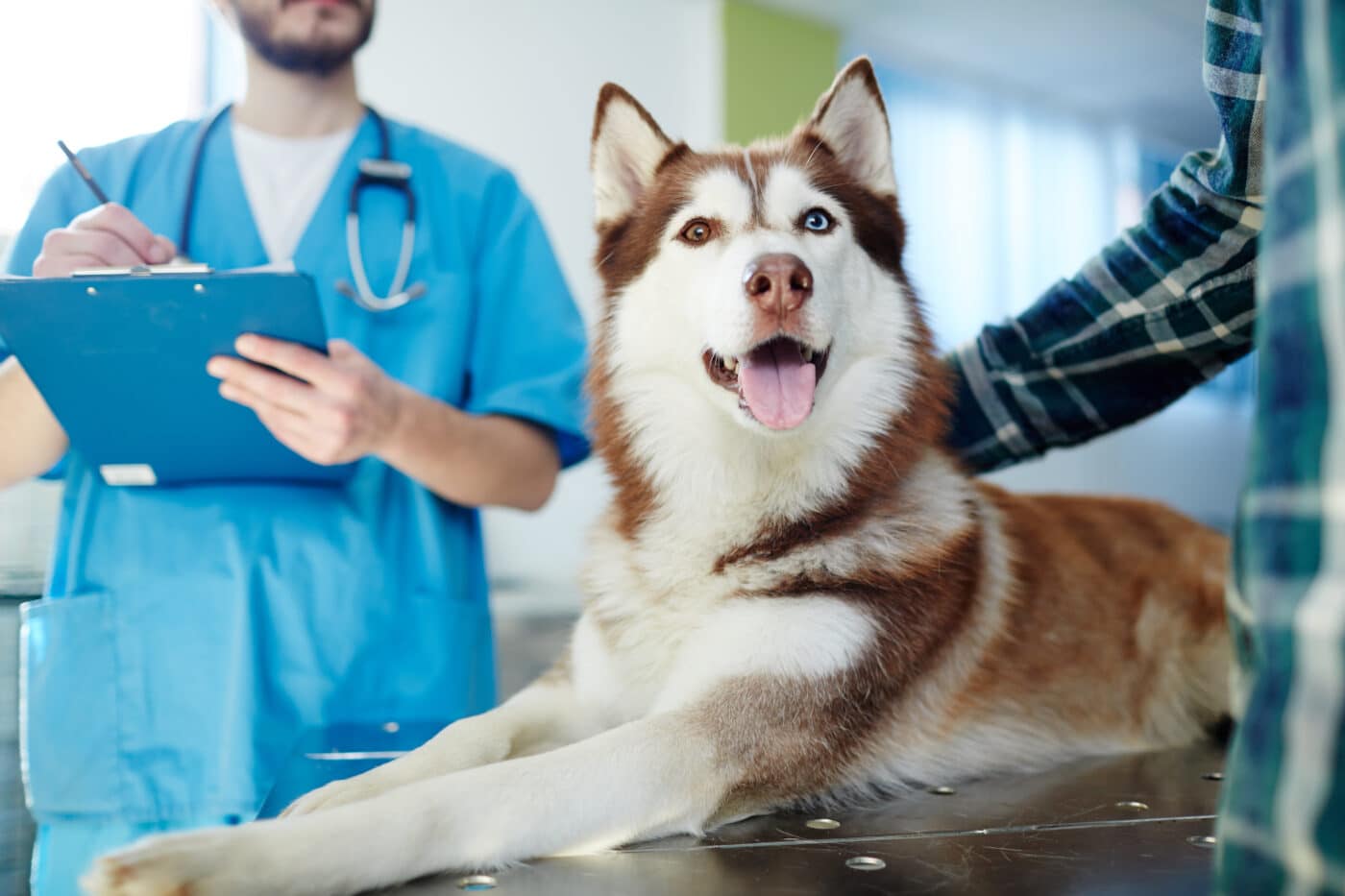 Shutterstock
Shutterstock
Spaying or neutering your dog isn’t just about preventing unwanted litters. It can also reduce the risk of certain cancers and behavioral issues like marking or roaming. Many dogs live longer, healthier lives when fixed. Talk to your vet about the right timing for your pup. It’s a personal decision, but understanding the health and behavioral benefits can guide you.
Every Dog Needs a Vet
 Shutterstock
Shutterstock
Routine vet visits aren’t just for when your dog is sick. Annual checkups, vaccines, and preventive care are key to a long, healthy life. Your vet can catch early signs of illness that might go unnoticed at home. Keeping a good relationship with your vet ensures you’re ready for anything from a routine wellness exam to an unexpected emergency.
Training Never Really Ends
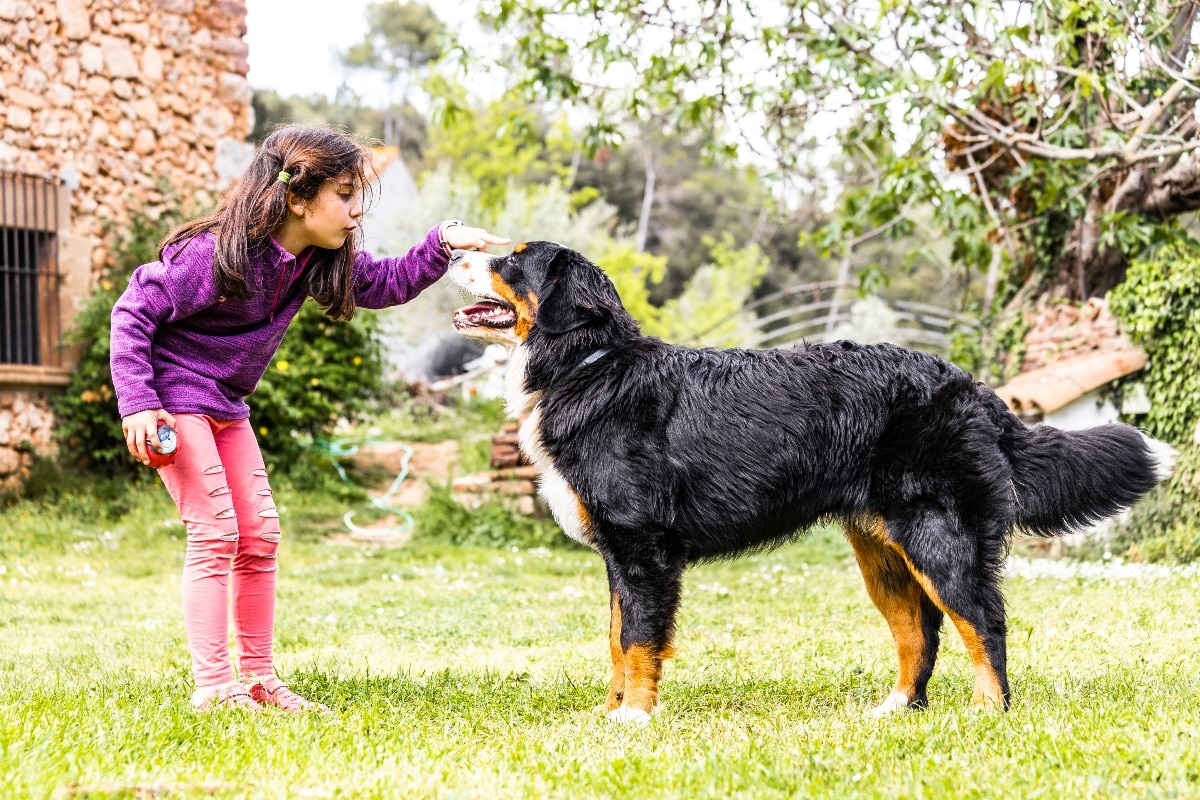 Shutterstock
Shutterstock
Training isn’t just for puppies, it’s a lifelong process. Dogs need reminders, refreshers, and new challenges as they grow. A well-trained dog is not only easier to live with but also more confident and secure. Keep sessions short, positive, and consistent. Even teaching fun tricks or rotating commands keeps their minds active and their behavior polished.
The Doggie Download You Didn’t Know You Needed
 Shutterstock
Shutterstock
Dogs are complex, lovable, and full of surprises, and being a great dog parent means staying curious and informed. These facts might make you laugh, rethink a habit, or finally understand why your pup acts the way they do. From their tail wags to their bedtime routines, knowing what makes them tick leads to a happier, healthier bond. And hey, if all else fails, there’s always a belly rub. Because in the world of dogs, love and learning go paw in paw.

 3 weeks ago
9
3 weeks ago
9










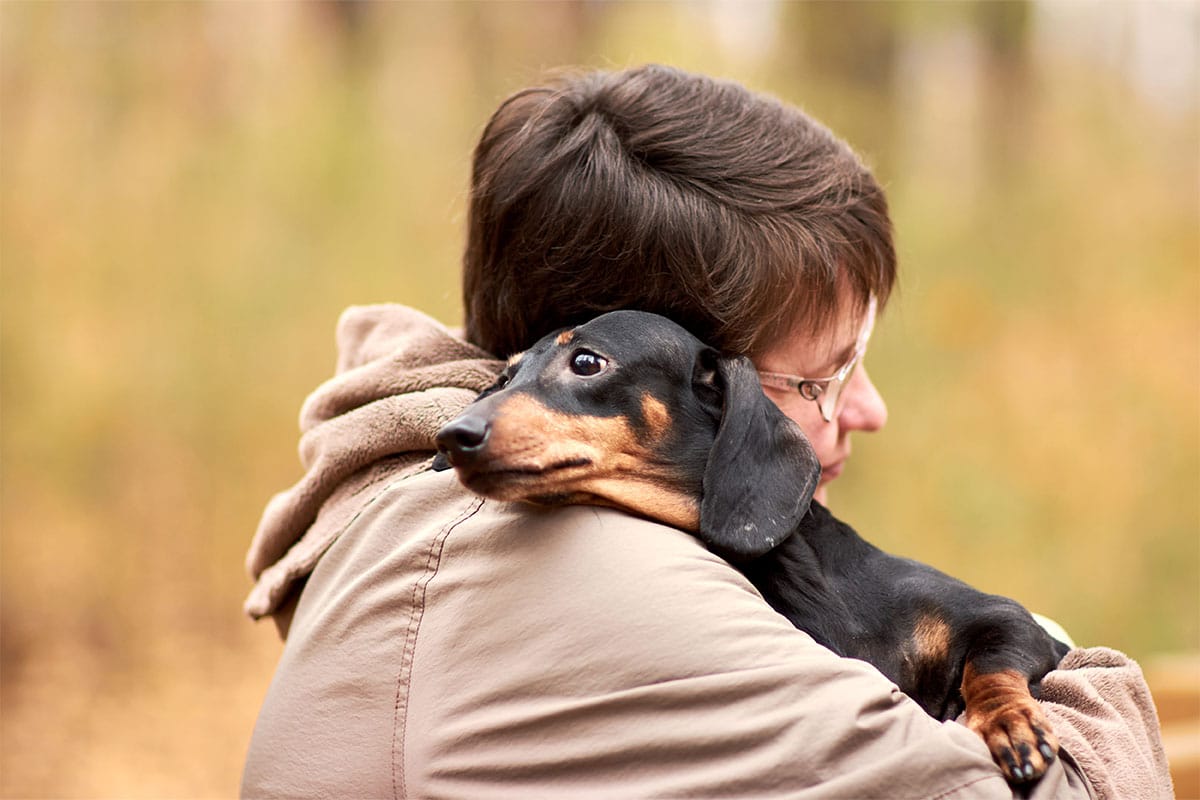

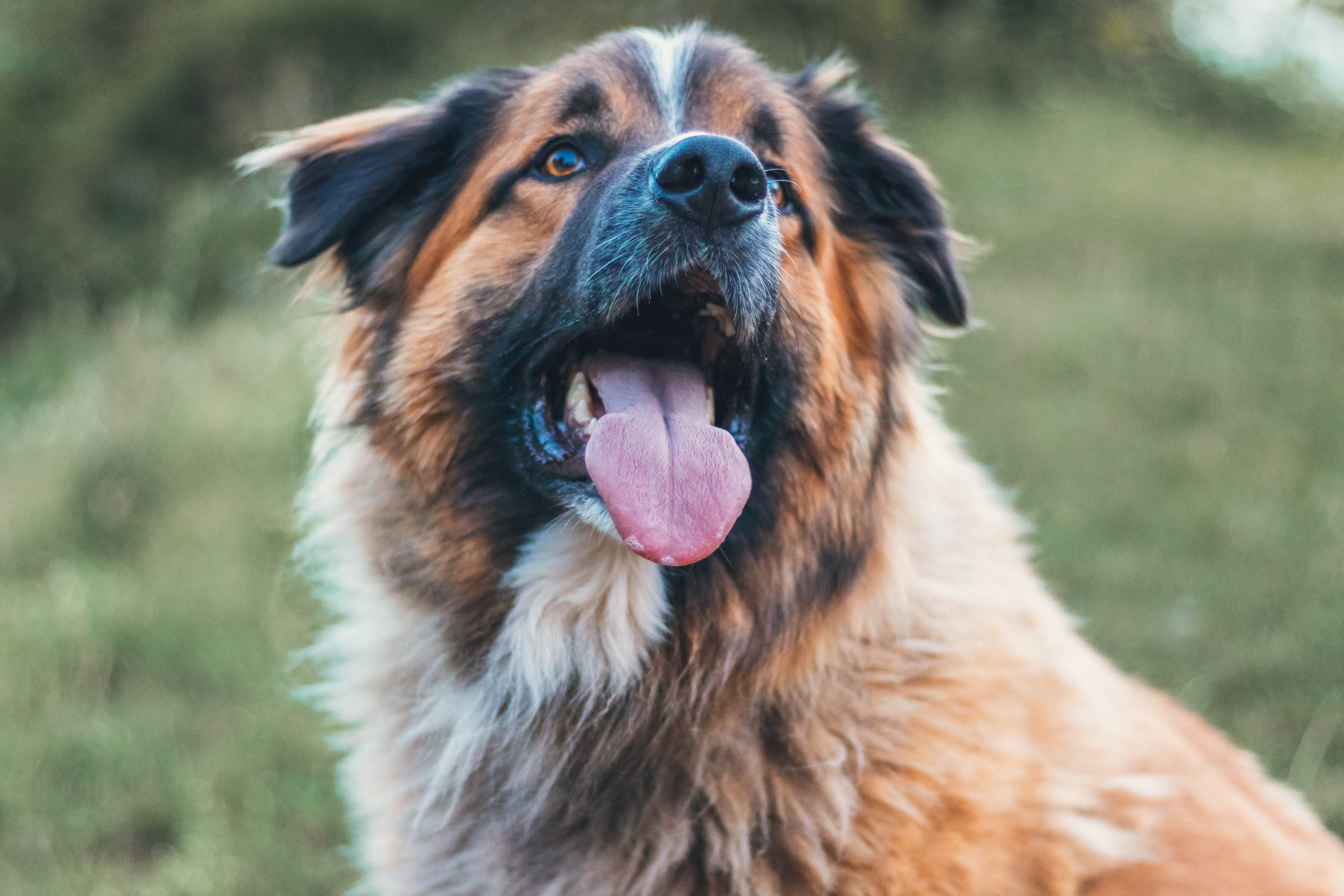





 English (US) ·
English (US) ·